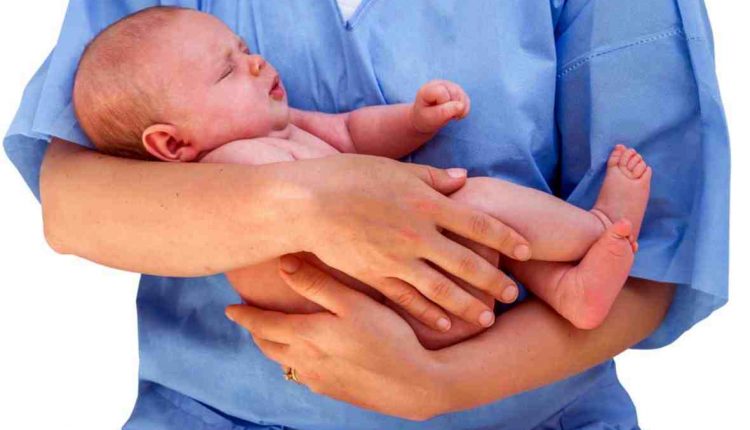
Rare diseases, neonatal screening: what it is, which diseases it covers and what happens if it is positive
At birth, every child undergoes neonatal screening: this is one of the most important preventive actions carried out by the National Health System, which enables the early detection of rare genetic diseases
Discovering them in advance means, at least for some of these diseases, being able to intervene before they appear, thus greatly limiting the damage they can cause and in some cases even eliminating them or avoiding long diagnostic procedures.
RARE DISEASES? VISIT THE UNIAMO – ITALIAN FEDERATION FOR RARE DISEASES BOOTH AT EMERGENCY EXPO
In Italy, neonatal screening has been compulsory since 1992 for three diseases: phenylketonuria, congenital hypothyroidism and cystic fibrosis.
Since 2016, screening has been extended to about 40 different metabolic diseases, and is known as Screening Neonatale Esteso (SNE).
Inherited metabolic diseases (experts also call them ‘congenital errors of metabolism’) are a category of rare genetic diseases caused by the altered functioning of a specific metabolic pathway.
This means that in many of these diseases there is an enzyme that is missing or malfunctioning, resulting in the accumulation of toxic substances in the body.
CHILD HEALTH: LEARN MORE ABOUT MEDICHILD BY VISITING THE BOOTH AT EMERGENCY EXPO
Neonatal screening: how is it done?
Screening is compulsory by law, free of charge and very simple.
It consists of taking a few drops of blood from the newborn through a heel prick.
The examination is carried out between 48 and 72 hours after the birth of the baby, when he or she is still in hospital with its mother: the drops of blood are deposited on a special bibulous paper (Guthrie card) which allows analysis in the laboratory.
Will we know the results of neonatal screening straight away?
Blood drop examinations are complex and take several days to obtain a result, so in the meantime, if there are no particular problems, the baby and his parents can go home.
If the screening results are negative, nothing abnormal has been detected and no report will be received. If the result is positive, the parents will be contacted by the hospital.
It is important to point out that, at this stage, a positive test does not necessarily mean that the child has a disease: it means that further tests are necessary (blood tests, urine tests, possible genetic tests) to verify the results of the screening.
In most cases the tests are also negative, but it is important to do them to make sure that everything is OK.
What happens if one of the tests is positive for a disease?
The parents will be contacted and the child will be taken into care to follow a dedicated pathway, with times and methods that depend on the type of suspected disease.
If the disease requires immediate intervention, the child will be promptly sent to the Clinical Centre of reference for that pathology, where the suspected diagnosis will be confirmed and the consequent treatment carried out.
What will happen in the near future?
The list of diseases included in screening is constantly evolving.
Screening for Spinal Muscular Atrophy (SMA) will be introduced shortly and other metabolic diseases, including lysosomal diseases, neurodegenerative diseases and some immunodeficiencies, are being considered for inclusion.
Read Also:
Emergency Live Even More…Live: Download The New Free App Of Your Newspaper For IOS And Android
Rare Diseases: Bardet Biedl Syndrome
Rare Diseases: Positive Results Of A Phase 3 Study For The Treatment Of Idiopathic Hypersomnia
Rare Diseases: Fibrodysplasia Ossificans Progressiva (FOP), A Study From Pennsylvania University



